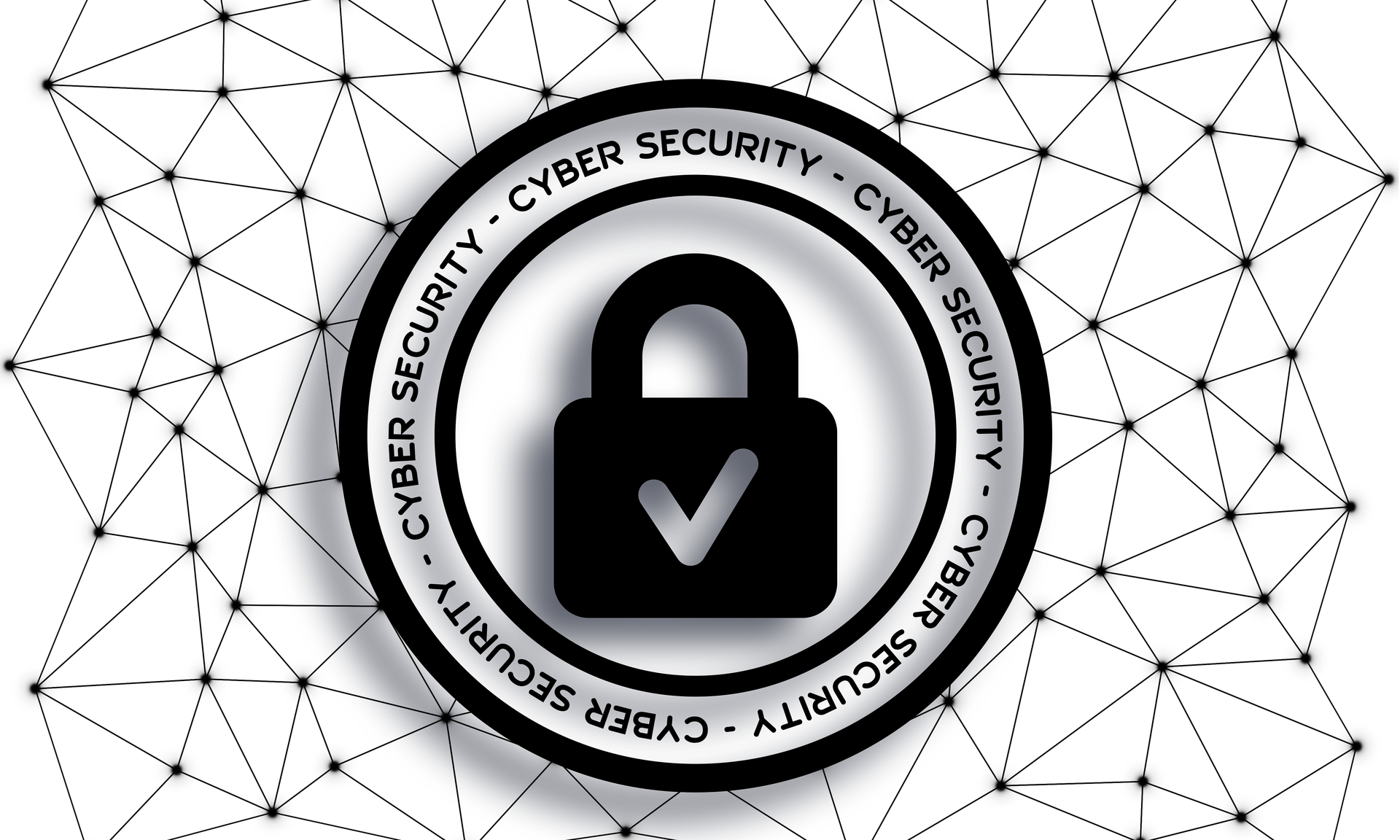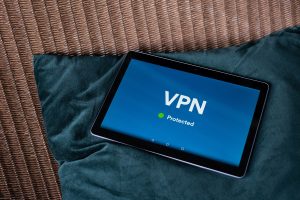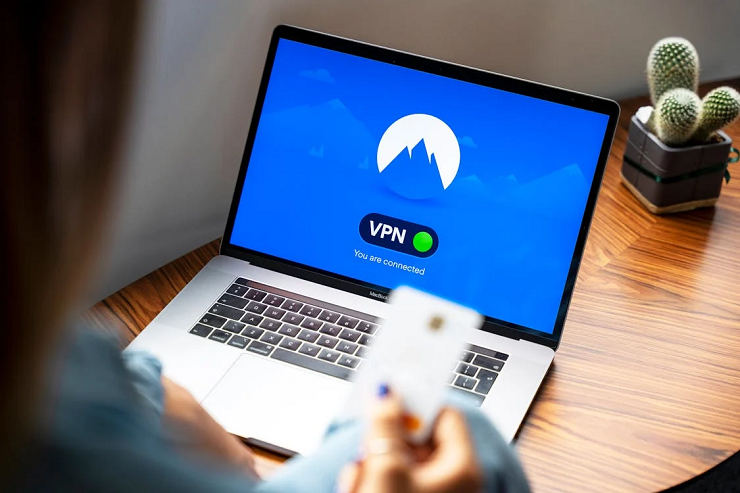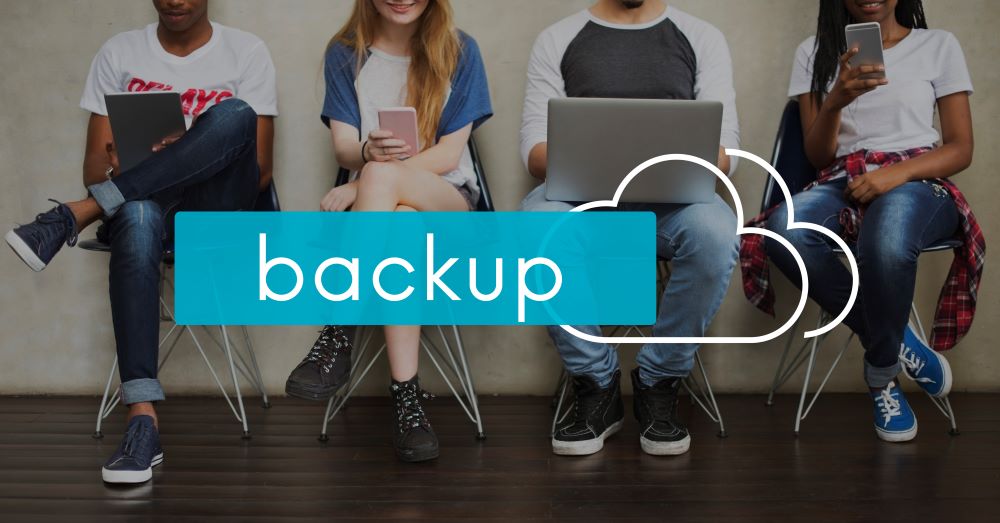

Cybersecurity is vital and yet, it’s easy to neglect it. With the expansion of the internet, it has become a playground for hackers and scammers and it’s more important than ever to stay safe while online. Cyber-attacks aren’t just aimed at corporations, anyone can be targeted – even you – and come in many forms. Protecting yourself against these attacks is crucial and easier than you think. So, what ten things can you do to improve your cybersecurity and keep you safe online?
One of the simplest ways to protect yourself online from hackers is to use an anti-virus software. The software blocks viruses and malware from attacking your device. Remember, when malware attacks your computer, your files become corrupt, and all your personal data is compromised. It can cause a lot of issues, to say the least. You should also, however, consider using a firewall.
Firewalls protect you against viruses and hackers attacking your device. It can protect you while online and may even prevent malware from compromising your computer. Some devices come with a built-in firewall and can be useful at the best of times too.
This is bread and butter for online protection and while it might seem like a no-brainer, it’s crucial, nonetheless. A strong password makes all the difference in the world when you want to keep hackers at bay. You must be smart when it comes to passwords because hackers are getting smarter too. For instance, using one password for every account spell disaster because if one site is compromised, your personal data is at risk.
Instead, you should consider a password that has upper- and lower-case letters, along with a mixture of numbers and symbols. For example, HollygreeN67$ would be a strong password; on the other hand, Holly12345, would be a simple password to crack. Of course, it can be difficult to remember all passwords, so you could look to a password management tool.

Phishing scams have become one of the biggest hacks of the year and the people behind them are getting sneaker. There are various types of phishing scams that it is difficult for common people to find out whether it’s a scam or not? There has been a surge in people receiving phone calls, emails, and messages from scammers that pose as genuine companies. As a result, they are tricked into giving out passwords, usernames, and even money. Some devices have been infected with malware software just because the user clicked on a seemingly harmless link in an email. It’s easily done, and you could fall for this trap too. That is why you need to be extra careful when using the internet to send or receive messages.
Remember, when you receive an email from a recipient you don’t know or recognize, it might be safer not to open it. Instead, you could send it to your spam folder or delete it forever. If you can, don’t click on any links you aren’t sure of or that comes from a SMS message; this can even include delivery services.
Billions of people use social media platform to connect to friends and you are likely to be one of them. Unfortunately, this is also a breeding ground for scammers. While many social media platforms offer great online protection from hackers, they can’t always prevent a scammer from accessing their site. Remember, most people can easily sign up for an account on social networking sites and can befriend or follow you. Those people seem genuine but can pick up on any little snippet of information you post online.
Every time you post an update online, you are giving scammers crucial pieces of information about yourself. For instance, where you live, your telephone number, email, date of birth, and so much more. It’s a risk because scammers can use your personal and sensitive data against you. So, to protect yourself online from scammers, and beef up your cybersecurity, you have to sensor your own content. Before you post anything online, take a moment and assess how dangerous it really is. By doing this, you make it harder for scammers to steal your personal data.
You might not give software much thought and yet, it’s often the backdoor for hackers. Recent cyber-attacks were the results of hackers managing to get round outdated software and it’s a major problem, to say the least. Outdated software, operating systems, and even applications can make it easier for hackers to place a virus on your device. To prevent being left vulnerable to a hacker, ensure all software is up to date. This includes your mobile devices, applications, and your virus protection.
To make it easier, you could use the automatic system update feature on your computer or mobile device. You don’t have to manually update any software; the device picks a suitable date and time to do so. This might make it easier to protect your devices against hackers.

Online identification can be compromised so easily, especially since hackers are finding new ways to get around security features. Multi-factor authentication can be the ideal tool to beef up your online security. It can be more effective than you think too because when you log into your account, the site will be prompted to complete a second authentication phase. For example, a site may choose to send a code via email or SMS. You must input that code to gain access to your account. It’s a nice way to add security to your accounts and best of all, more sites offer this.
Despite what you might think, mobile devices are just as much at risk as laptop computers. Any device can be hacked or compromised,and it often is the backdoor for hackers. Beefing up your cybersecurity is simple; all you need to do is install security software on the device. Mobile devices need anti-virus and malware protection too. You should consider adding this if you use the internet a lot on that device. What’s more, you should only ever download apps from trusted sources, such as official app stores.
While public Wi-Fi can help save you some mobile data, it isn’t the most secure way to connect to the web. In fact, it’s a simple way for your data to be compromised. For instance, you’re out and having coffee at a local café. You have no more mobile data usage left and use the café’s public Wi-Fi instead. You log into your social media pages and quickly transfer money from one bank account to another. Unfortunately, a hacker has worked his magic and is watching everything you do online. That spells disaster. Instead, avoid using the internet when you’re out at cafés, bars, clubs, and other locations.

A virtual private network isn’t always given much thought; however, it could work to your advantage. It is thought to be one of the best ways to connect to the internet. It’s secure, fast, and can hide your IP address. VPN’s help to keep your data secure and it’s a great way to stay protected online. Beefing up your cybersecurity might be easier with a VPN.
Sometimes, the passwords you choose aren’t strong enough to withstand hackers, even if they’re a little more complex than your name followed by the numbers 1234. It’s useful to update or change passwords when there has been a slight breech in security to the site you’ve signed up with or just when you feel it’s necessary. Also, there may be old accounts that are no longer needed, and they should be closed.
For example, you signed up to an e-commerce store two years ago. You made only one purchase and have never used the site again. It might be time to close that account. The reason for this is because you aren’t going to use it again. Remember, if that site is compromised, your data is compromised and it’s an unnecessary risk. Sometimes, it’s best to delete accounts on sites you no longer use. It’ll keep your data safe.
The internet does have its advantages and has made things easier; unfortunately, it does have its drawbacks, namely scammers. Hackers are constantly evolving, and viruses are a major threat too. Protecting yourself online can be accomplished through a variety of methods, such as updating software, making old passwords a little stronger, and by using a VPN. Beefing up your cybersecurity might seem a pain but it’s all worth it to keep you safe online.

I’m a Nerd and very proud of it! I love to write about anything Tech related. Subscribe to our blog for helpful tips, tricks & news.




